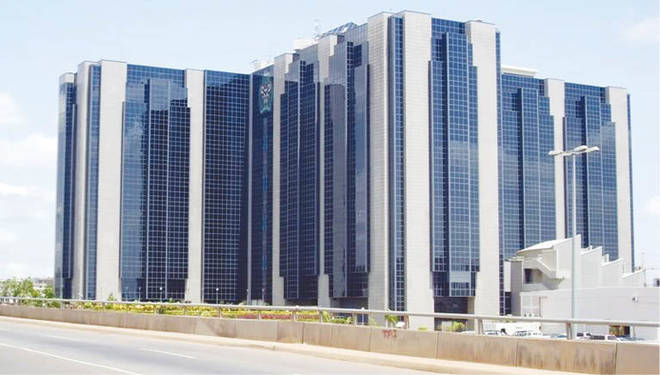Following the heightened economic impact of the spread of coronavirus, the Central Bank of Nigeria and the Bankers’ Committee have committed to policy measures amounting to over N3.5 trillion earlier announced by the CBN.
The extra-ordinary meeting held in Lagos on Saturday also pledged to grant funding facilities in Naira and foreign exchange to pharmaceutical companies in the country to enable them procure raw materials and equipment to boost local drug production in Nigeria.
CBN governor Godwin Emefiele, who chaired the meeting and read the communique, listed the companies to include, but not limited to, Emzor, Fidson, GSK, May & Baker, Unique Pharma, Swiss Pharma, Neimeth, Sagar, Orange Drugs, and Dana Pharma.
According to him, the Bankers’ Committee took the decision to support the pharmaceutical companies given the fact that the present pandemic was of grave public health concern, coupled with the fact that many drug-manufacturing countries planned or had already banned the export of drugs and medical supplies from their respective countries, thereby leaving Nigeria no choice but to produce the drugs locally.
Emefiele further disclosed that the CBN and the Bankers’ Committee had resolved at this time to collaborate with one coherent strategy to provide confidence to the customers, counter parties, the public and ultimately putting Nigeria first.
While disclosing that engagements will be held with correspondent banks, trade creditors, trading partners regarding existing letters of credit and trade commitments, the CBN Governor assured that the industry was committed to resolving all existing commitments in a comprehensive and orderly way.
Meanwhile, Emefiele said the industry had also resolved that profit would not be the primary motive at this time. “Rather, preserving confidence, financial stability and support for the economy will be the overriding objectives,” he added.
Considering the disruptions to global supply chains, the CBN Governor and the Bankers’ Committee advised Nigerians and companies to prioritize their import needs and focus more on sourcing raw materials and input locally.
It will be recalled that in the past week, the CBN, in response to the economic impact of the COVID-19 on Nigeria, had announced policy measures such as the additional moratorium of one year on CBN intervention facilities, interest rate reduction on intervention facilities from 9% to 5%; the activation of the N1.5 trillion InfraCo Project for building critical infrastructure; the strengthening of the lending to deposit ratio policy, additional N100billion intervention in healthcare loans to pharmaceutical companies; and the N1 trillion in loans to boost local manufacturing and production across critical sectors.
To improve foreign exchange supply to the CBN, the Bank directed all international and domestic oil companies and related companies such as oil servicing companies to sell foreign exchange to the CBN and no longer the Nigerian National Petroleum Corporation (NNPC).

 Join Daily Trust WhatsApp Community For Quick Access To News and Happenings Around You.
Join Daily Trust WhatsApp Community For Quick Access To News and Happenings Around You.


